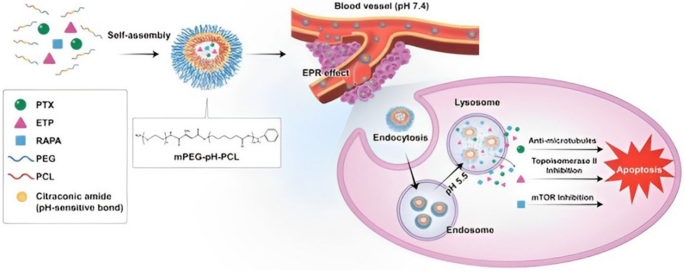Advances in Cancer Research A Glimpse into the Future
Cancer, a complex disease characterized by uncontrolled cell growth, has been a major health challenge for centuries. However, recent breakthroughs in cancer research have ignited hope for more effective treatments and potential cures.
Key Advances in Cancer Research
- Immunotherapy:
- Immune Checkpoint Inhibitors: These drugs unleash the body’s immune system to attack cancer cells.
- CAR-T Cell Therapy: This revolutionary therapy involves engineering a patient’s T cells to target and destroy cancer cells.
- Targeted Therapy:
- Molecularly Targeted Drugs: These drugs specifically target cancer cells, minimizing damage to healthy cells.
- Precision Medicine: By analyzing a patient’s tumor, doctors can tailor treatments to their specific genetic makeup.
- Early Detection and Screening:
- Liquid Biopsy: This non-invasive technique involves analyzing circulating tumor DNA (ctDNA) in blood to detect cancer early.
- Advanced Imaging Technologies: Improved imaging techniques, such as PET scans and MRI, allow for earlier and more accurate diagnosis.
- Combination Therapies:
- Combining multiple treatments, such as chemotherapy, radiation therapy, and immunotherapy, can enhance effectiveness and reduce side effects.
- Nanotechnology:
- Nanomaterials can be used to deliver drugs directly to cancer cells, minimizing damage to healthy tissues.
The Future of Cancer Treatment
The future of cancer treatment is promising, with ongoing research exploring innovative approaches:
- Synthetic Biology: Engineering cells to fight cancer.
- Vaccines: Developing vaccines to prevent certain types of cancer.
- Artificial Intelligence: Using AI to analyze vast amounts of data to identify new treatment strategies.
While significant progress has been made, it’s important to note that cancer research is a complex and ongoing process. Continued investment in research, along with advancements in technology, will be crucial in the fight against this deadly disease.
Would you like to learn more about a specific type of cancer or a particular treatment approach?

